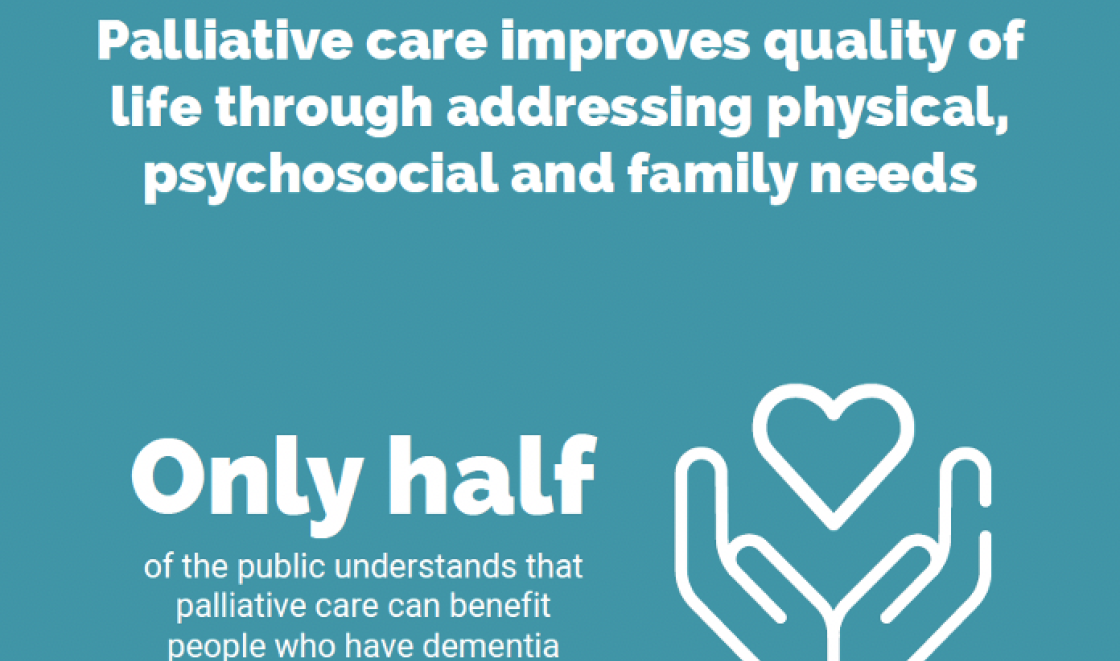When it comes to what people want from dementia care, ‘involving the person with dementia and their families in care and treatment decisions’ (57%) and ‘good management and treatment of symptoms and providing comfort’ (53%) were at the top of the public’s list.
Most of dementia care costs are covered by families. However, only 17% of the public said they are aware of this, and 58% incorrectly believe that dementia care is mostly funded by charities.
Professor Katherine Sleeman from King’s College London, a co-investigator on the EMBED-Care programme, and a member of the ARC's palliative and end of life care research team, said: “This new data shows public awareness about dementia’s impact in society is poor, and families affected by dementia may not be prepared for costs they may incur. High-quality care is valued by the public but there are gaps in provision and not everyone gets the care they need.”
